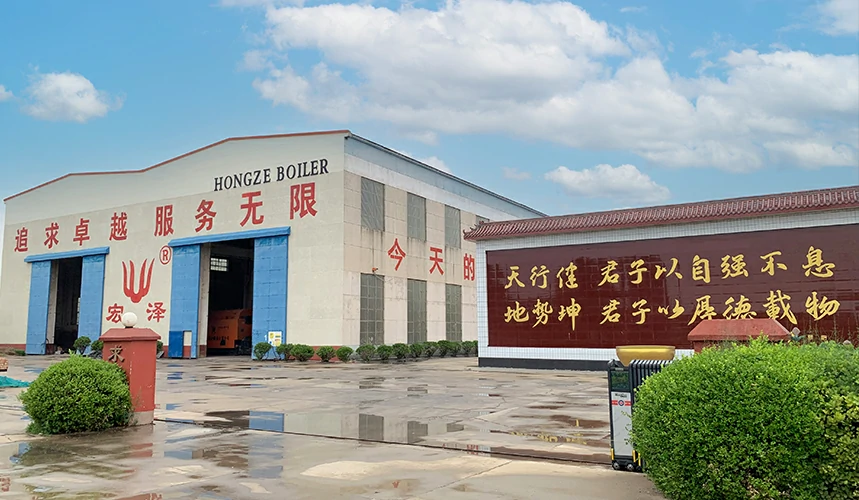
Oct . 30, 2024 17:39 Back to list
biomass hot water boiler
Biomass Hot Water Boilers An Efficient and Eco-Friendly Heating Solution
In recent years, the demand for sustainable energy solutions has surged, and biomass hot water boilers have emerged as a highly efficient and environmentally friendly option for heating. These boilers utilize organic materials, such as wood pellets, agricultural residues, and other biomass feedstocks, to produce hot water for various applications, including residential heating, commercial facilities, and industrial processes.
Understanding Biomass Hot Water Boilers
Biomass hot water boilers operate by converting biomass into energy through combustion. The biomass is burned in a controlled environment, releasing heat that is then used to heat water. This process not only provides a renewable source of energy but also reduces dependence on fossil fuels, significantly lowering greenhouse gas emissions. Unlike traditional gas or oil boilers, biomass systems can harness waste materials that might otherwise contribute to environmental degradation.
Advantages of Biomass Hot Water Boilers
1. Sustainability Biomass is a renewable resource, meaning that its supply can be replenished over time. When managed sustainably, the use of biomass can lead to a closed-loop system where the energy contained in plants is recycled multiple times.
2. Reduction in Carbon Footprint Biomass hot water boilers contribute to a decrease in carbon emissions compared to conventional heating systems. As the plants used for biomass absorb carbon dioxide during their growth, the net carbon emissions when they are burned can be significantly lower than those from fossil fuels.
3. Cost-Effectiveness While the initial investment for biomass boilers can be higher than traditional systems, the long-term operational costs can be lower. Biomass fuel is often cheaper than fossil fuels, and many regions offer subsidies or incentives for biomass energy systems, making it an economically viable option.
biomass hot water boiler

4. Energy Security Utilizing local biomass resources reduces dependence on imported fuels, enhancing energy security. This localized approach supports rural economies and promotes the use of locally sourced materials for energy production.
Applications of Biomass Hot Water Boilers
Biomass hot water boilers can be employed in various settings. In residential areas, they provide a sustainable method for heating homes and supplying hot water. In commercial applications, they can be used for heating large buildings, such as hotels, hospitals, and schools, where energy requirements are substantial. Industrial facilities also benefit from biomass boilers, using them in processes that require heat or steam, ultimately improving efficiency and reducing operational costs.
Challenges and Considerations
Despite the numerous benefits, biomass hot water boilers also come with challenges. Sourcing and processing biomass fuel can require significant effort, and the availability of feedstock can vary regionally. Additionally, users must consider the maintenance and possible emissions of particulate matter, which necessitates proper boiler management and fuel quality control.
Conclusion
Biomass hot water boilers represent a transformative approach to heating, perfectly aligned with the global shift toward renewable energy sources. By investing in this technology, individuals and businesses can enjoy the dual benefits of cost savings and reduced environmental impact. As technology advances and awareness of biomass energy increases, the role of biomass hot water boilers in sustainable heating solutions will continue to expand, fostering a greener future for generations to come.
-
High-Efficiency Commercial Oil Fired Steam Boiler for Industry
NewsJul.30,2025
-
High-Efficiency Biomass Fired Thermal Oil Boiler Solutions
NewsJul.30,2025
-
High Efficiency Gas Fired Thermal Oil Boiler for Industrial Heating
NewsJul.29,2025
-
High-Efficiency Gas Fired Hot Water Boiler for Sale – Reliable & Affordable
NewsJul.29,2025
-
High Efficiency Biomass Fired Hot Water Boiler for Industrial and Commercial Use
NewsJul.29,2025
-
High-Efficiency Biomass Fired Hot Water Boiler for Industrial Use
NewsJul.28,2025
Related PRODUCTS






















